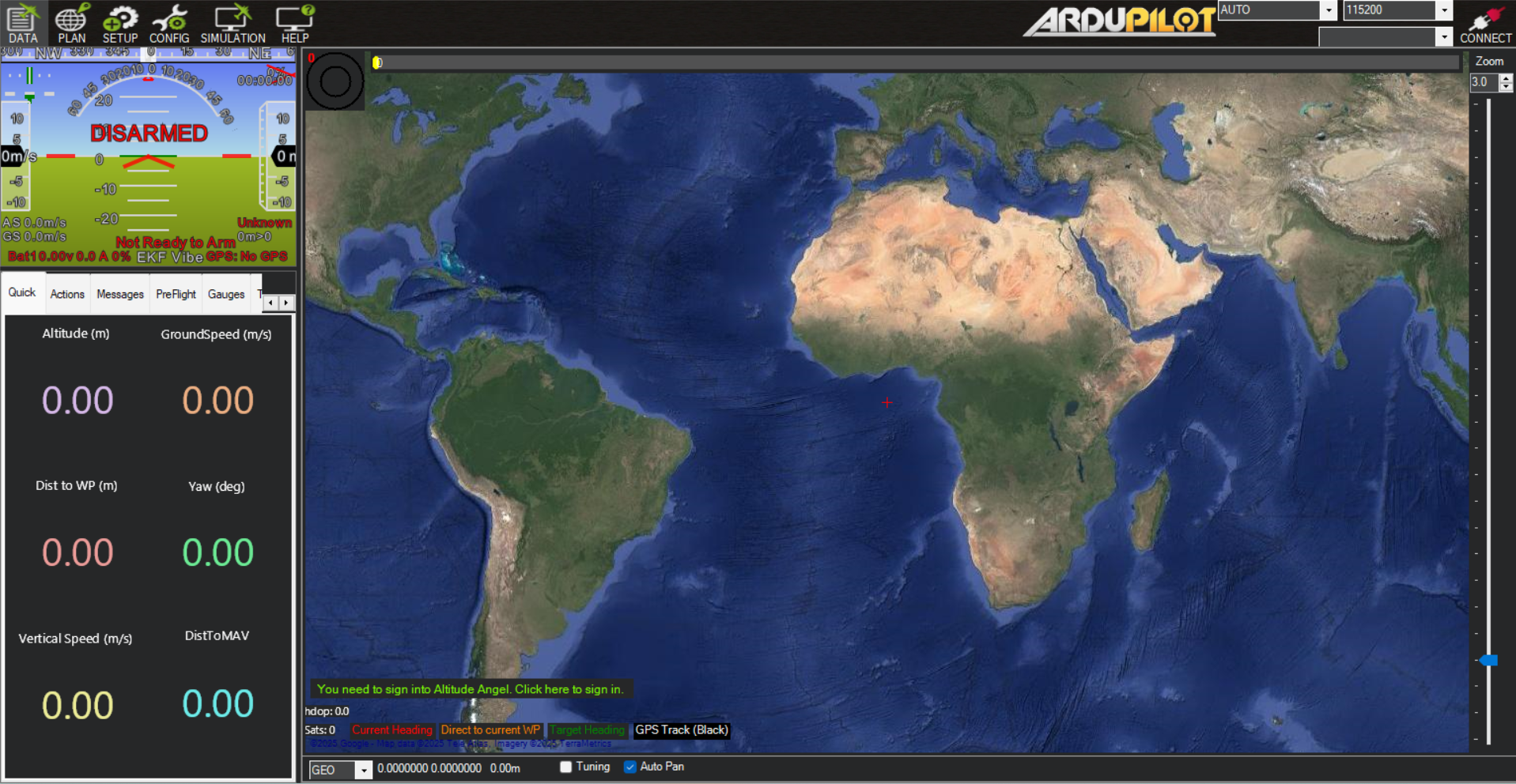QGroundControl vs. Mission Planner: Which One is Right for You?
Selecting the right ground control station (GCS) software is crucial for effectively managing and operating drones. Among the most widely used open-source GCS options are QGroundControl (QGC) and Mission Planner (MP). Both provide comprehensive tools for mission planning, flight monitoring, and telemetry analysis, but they cater to different users based on firmware compatibility, usability, and advanced functionality. In this blog, we will compare QGroundControl and Mission Planner in detail to help you make an informed choice based on your specific needs.
Overview
of QGroundControl and Mission Planner
QGroundControl
(QGC) is a cross-platform ground control software designed primarily for PX4
and ArduPilot-based drones. It offers a modern and intuitive user interface
with easy-to-use tools for mission planning and real-time telemetry monitoring.
One of its biggest advantages is its multi-platform compatibility, supporting
Windows, macOS, Linux, iOS, and Android. With drag-and-drop mission planning,
built-in map support, and a clean user interface, it is an excellent choice for
both beginners and experienced drone operators.
On
the other hand, Mission Planner (MP) is a powerful Windows-based ground control
software tailored for ArduPilot drones. Unlike QGroundControl, it offers
extensive parameter tuning, mission scripting, and detailed telemetry analysis,
making it more suitable for advanced users. While it is limited to Windows, it
can be used on Linux via emulation. Mission Planner allows custom hardware
integration, making it a preferred option for professionals working on complex
UAV applications that require deeper customization.
Comparison:
QGroundControl vs. Mission Planner
One
of the most significant differences between these two software solutions is
firmware and platform compatibility. QGroundControl supports both PX4 and
ArduPilot, offering flexibility for users who work with different flight
stacks. In contrast, Mission Planner exclusively supports ArduPilot, making it
the best choice for those working specifically with this firmware.
Additionally, QGroundControl is available on multiple platforms, including
mobile devices, whereas Mission Planner is limited to Windows users.
When
it comes to user interface and ease of use, QGroundControl provides a modern
and beginner-friendly UI with a straightforward mission planning process. Its
drag-and-drop interface makes planning simple, whereas Mission Planner’s
interface is more complex but packed with advanced features. Beginners may find
Mission Planner’s layout overwhelming at first, but experienced users
appreciate its depth of functionality.
For
mission planning and telemetry analysis, both software solutions offer robust
features, but they cater to different levels of expertise. QGroundControl
provides a simple and efficient mission planning system with basic telemetry
tools. In contrast, Mission Planner excels in advanced mission scripting and
telemetry analysis, allowing users to fine-tune drone behavior and analyze
flight data in greater detail. This makes Mission Planner the better choice for
researchers, engineers, and professionals who require deep insights into flight
performance.
Customization
is another area where Mission Planner holds an advantage. While QGroundControl
provides essential tuning options, it lacks extensive customization
capabilities. Mission Planner allows advanced users to tweak parameters,
integrate external hardware, and create custom automation scripts, making it a
powerful tool for complex UAV projects. If multi-UAV operations or swarm
control is a priority, Mission Planner is the preferred choice, as it includes
advanced features for managing multiple drones. While QGroundControl offers
some multi-drone capabilities, they are not as developed as those in Mission
Planner.
Which
One Should You Choose?
If
you need cross-platform compatibility and work with PX4-based drones,
QGroundControl is the ideal choice. It is perfect for users who prioritize a
simple, intuitive interface for mission planning and real-time telemetry.
Additionally, it is an excellent option for fixed-wing drones, VTOLs, and
standard UAV applications that do not require deep customization.
On
the other hand, if you require extensive parameter tuning, advanced telemetry
analysis, and hardware integration, Mission Planner is the better option. It is
particularly useful for multi-UAV swarm operations, research applications, and
complex drone configurations where custom scripting and external sensor
integration are needed. While it has a steeper learning curve, it provides
greater control and flexibility for professionals.
Conclusion
Both
QGroundControl and Mission Planner are excellent ground control software
options, but their suitability depends on your specific requirements.
QGroundControl is the best choice for users who need an easy-to-use,
cross-platform solution with PX4 support, whereas Mission Planner is ideal for
those who require deep customization, advanced telemetry analysis, and
multi-UAV capabilities. Your decision should be based on firmware preference,
mission complexity, and your level of expertise.
.png)






Leave a Comment
Your email address will not be published. Required fields are marked *